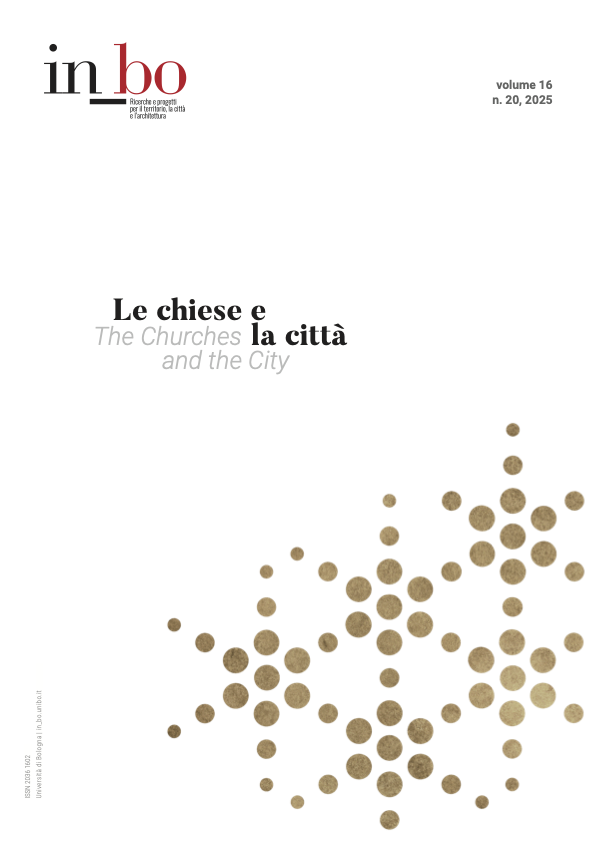The Church's Mission of Human Care in a Participatory Network
DOI:
https://doi.org/10.60923/issn.2036-1602/19609Keywords:
liquification, presence, common care, participation, unintentionalAbstract
Cities are undergoing a radical transformation process. They are becoming less and less inhabited and are playing a different role as shopping centres. In addition, metropolitan regions are experiencing the phenomena of the liquification of strong and supporting life structures and corresponding orientations. Churches in cities are exposed to this sociological structure and they are the conditions of their existence. Churches orientated towards continuity and stability are experiencing the end of their social supremacy and, apart from monumental buildings, are becoming increasingly marginalised. The communicative logic of liquid modernity in the city is the fluid network that forms and dissolves based on events. The network is characterised by flat hierarchies and weak ties with uncertain boundaries. In this network, one can only act relationally and not integralisticallyinstitutionally. To be able to contribute one's own expertise in a pluralistic network, churches need to reconsider their own attitude and their own mission. The genuine and challenging attitude of the Christian faith lies in unconditional action and unconditional recognition of others, which does not expect anything in return, or a return on investment. Christian contact with people is characterised by a weak relationship. A weak relationship expresses itself in an unintentional presence of a situative pastoral. Unconditional hospitality becomes the symbol of a Christian presence in the city.
Downloads
Published
How to Cite
Issue
Section
License
Copyright (c) 2025 Bernd Hillebrand

This work is licensed under a Creative Commons Attribution-NonCommercial 4.0 International License.





